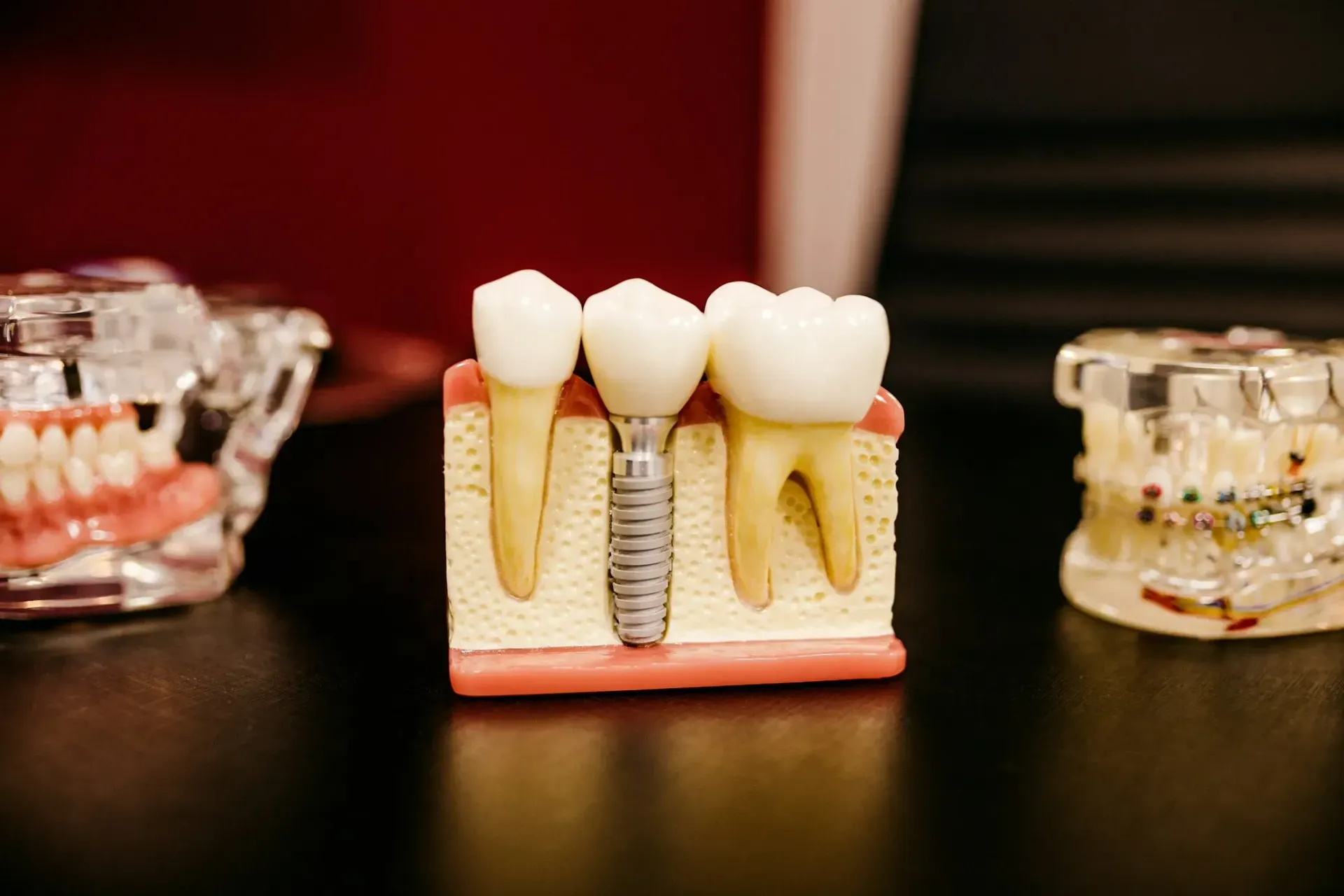Dental Insurance Decoded: PPO vs. HMO Plans - Network and Cost Structures Unveiled

Dental insurance is your financial backup for dental care costs. It helps cover expenses from basic cleanings to complex treatments, making dental health more affordable. Unlike medical insurance, dental plans emphasize preventive care—think regular checkups and cleanings—to avoid major expenses down the line. There are various plans out there, each with its own set of rules for coverage, provider choice, costs, and care management. Getting to know these differences is crucial for picking a plan that fits both your health needs and your budget.
PPO Plans: How They Work
Preferred Provider Organization (PPO) plans offer dental insurance with flexibility at its core. You're free to choose any dentist, but sticking to the plan's network means more savings. These in-network dentists have agreed to lower rates, so your wallet feels lighter. Even if you step outside the network, you still get some coverage, though at a higher cost.
Pros of PPO Plans
- Choose Any Dentist: Freedom to pick your dentist, not just from a list.
- Savings Even Out-of-Network: Get partial coverage for visits to dentists outside the network.
- Broader Coverage: Often, PPOs cover more dental services, including those not always covered by HMOs.
Cons of PPO Plans
- Higher Monthly Costs: The price for flexibility is a higher premium.
- Deductibles Before Benefits: You might pay up front until a deductible is met, plus co-pays for certain visits.
PPO plans blend cost with choice, appealing to those who prioritize options and broader coverage and are okay with paying a bit more for those benefits.
HMO Plans: How They Work
Health Maintenance Organization (HMO) dental plans focus on keeping things simple and cost-effective. You'll pick your primary care dentist (PCD) from a specific network, and this dentist guides your dental care journey. If you need a specialist, your PCD will direct you to the right person within the network.
Pros of HMO Plans
- Cost-Effective: Enjoy lower monthly premiums than those of PPO plans.
- No Deductibles: Skip the upfront costs before coverage kicks in.
- Straightforward Costs: Know what you'll pay with fixed service rates.
Cons of HMO Plans
- Limited Dentist Selection: Your choices are confined to the network.
- Referral Steps: Getting to a specialist involves an extra step.
- Coverage Boundaries: Some treatments might be limited or not covered.
HMO plans are great for budget watchers who value straightforward expenses and are okay with staying within a set network for all their dental needs.
Comparing Networks: PPO vs. HMO
When choosing between PPO and HMO dental plans, the network is a key factor. Both types of plans operate with networks of dentists, but the way you interact with these networks differs significantly.
Network Size and Flexibility
- PPO Plans: Offer a wide selection of dentists and allow you to see dentists outside the network, though at a higher cost. This flexibility is perfect for those who don't want to be limited in their choice of dentist.
- HMO Plans: Have a more restricted network. You must choose a primary care dentist within the network and get referrals to see specialists. This setup is more streamlined but offers less flexibility in choosing providers.
Access to Specialists
- PPO Plans: You can directly visit a specialist within the network without needing a referral, offering quicker access to specialized care.
- HMO Plans: Require a referral from your primary care dentist to see a specialist, which can add time to the process but helps in managing overall care and costs.
Choosing the right network depends on what you value more: the freedom to choose any dentist or lower cost with a more managed care approach.
Average Costs and Cost Factors
Understanding the financial aspect is crucial when navigating through PPO and HMO dental plans. Let's break down the average costs and factors that influence these expenses.
PPO Plans: Cost Insights
- Premiums: Generally higher due to the flexibility and broader network access. You're paying more for the freedom to choose your dentist and the benefit of getting some coverage for out-of-network services.
- Deductibles and Co-pays: You might need to pay a deductible before your insurance starts to share the costs. Co-pays for certain services can also apply, adding to your out-of-pocket expenses.
- Out-of-Network Charges: Choosing a dentist outside your plan's network means higher costs, but PPO plans still cover a portion, unlike HMO plans.
HMO Plans: Budget-Friendly Approach
- Premiums: Lower than PPO plans, making HMOs an attractive option for those looking to save on monthly costs.
- No Deductibles: HMO plans often eliminate the need for deductibles, reducing upfront costs before coverage begins.
- Co-pays: Some HMO plans may require co-pays for certain services, but these are usually low and fixed, making expenses predictable.
Both PPO and HMO plans have their own set of cost factors that appeal to different budgetary and care preferences. Your choice should align with your financial situation and how you prefer to manage your dental care expenses.
Choosing Between PPO and HMO
Deciding on the right dental plan involves weighing your personal needs, preferences, and financial situation. Here are some key considerations to help you make an informed choice between PPO and HMO dental plans.
Factors to Consider
- Dentist Preference: If you have a preferred dentist, check if they're included in the plan's network. PPO plans offer more flexibility here.
- Budget: Assess your financial situation. If lower premiums and cost predictability are important, HMO might be the way to go.
- Dental Care Needs: Consider the type and frequency of dental care you typically require. PPO plans might offer broader coverage for various services.
- Geographical Location: Your location can influence the size of the plan's network and the availability of dentists.
Questions to Ask Before Deciding
- Is my preferred dentist in-network?
- What are the total expected costs, including premiums, deductibles, and co-pays?
- How easy is it to see a specialist if needed?
- What services are covered, and are there any significant exclusions or limitations?
By carefully evaluating these aspects, you can select a dental plan that best fits your health care needs and financial abilities, ensuring you're covered without overspending.
Conclusion
Choosing the right dental insurance—PPO or HMO—boils down to your needs, budget, and preferences. PPOs offer freedom to pick dentists and cover out-of-network visits at a higher cost. HMOs are wallet-friendly, with lower premiums and a network-based provider system, but less flexibility. Assess your dental care priorities and financial capacity to make an informed decision that keeps your smile bright without straining your wallet.











